We work to reject the deficit perspectives of poverty, establish high expectations, and provide multiple support systems to ensure those expectations are attainable. The program resources facilitate collaboration with adults and peers, empowering students through dialogue and volunteer-mentoring. The design of the MKC academic program uses four educational practices that offer research-based approaches to supporting underserved youth to be successful academically.
Academic Programs

Caring relationships and advocacy
Learning is a crucial element of the child-counselor bond.
We reinforce that effort, not innate ability, is the predictor of success.
Caring relationships build resilience in our children.
Professional accountability for learning
When students “fail to learn”, we do not blame them or their families. We go back to the drawing board and work as a team to redesign the learning experience or behavioral expectations so the child can be successful. Using research-based math and reading resources allows learning to be leveled by difficulty. The STEAM programs build critical thinking and are chosen intentionally to ensure students experience success.
Commitment to equity
Underserved students are supported by equitable structures, processes, and club principles to ensure their success and growth as students and individuals. All experiences are available to all children at the club.
Counselors work with students diagnostically, providing each child with a unique path to success, and meet daily before the students arrive to prepare programs collaboratively.
High behavioral and academic expectations and support
Counselors receive training regarding appropriate developmental and academic expectations, based on age and ability.
Establishing a caring and accepting environment encourages children to trust the counselors, creating a positive and welcoming learning environment.
The quality of the resources allows counselors to create successful experiences for students.


